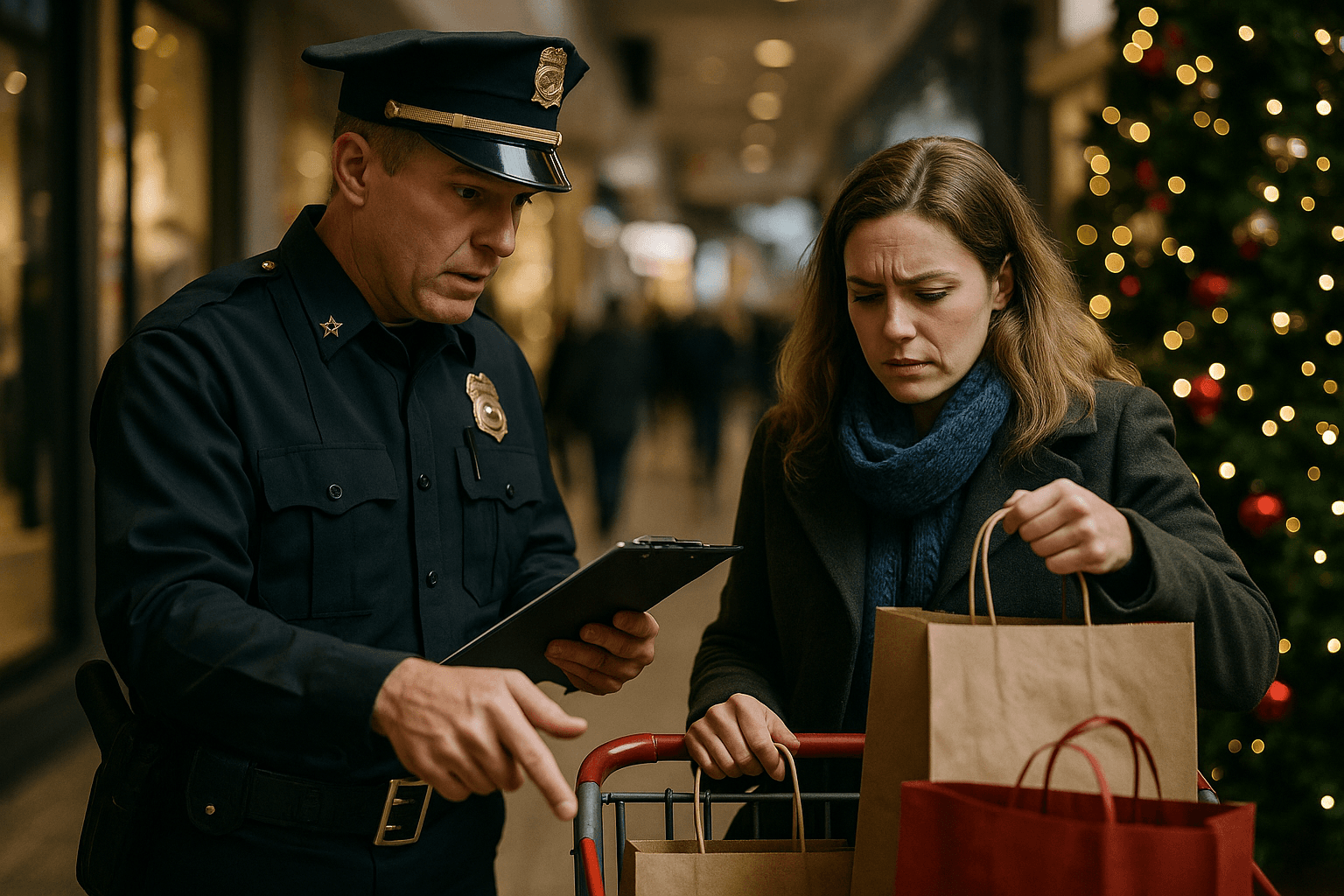Holiday Shopping Safety Tips, Local Resources for Holmes County Residents
A short practical checklist lays out steps Holmes County shoppers can take to reduce the risk of holiday season scams and unsafe purchases, including guidance on payment methods, product safety, and returns. The guide matters to local residents because following its recommendations can speed dispute resolution, protect families from unsafe toys and products, and help local authorities track and respond to fraud.

As holiday shopping intensifies, a concise consumer checklist is offering Holmes County residents clear steps to protect purchases and reduce exposure to scams and unsafe products. The checklist emphasizes buying from reputable sellers, confirming product authenticity and safety labels with reference to CPSC standards for toys, and preferring credit card payments to preserve fraud protections. It also advises keeping digital and paper receipts and order confirmations to support disputes.
Practical measures in the checklist include verifying return policies and delivery timelines before purchasing, inspecting packaging and the product on receipt before giving gifts, and using local retailers when possible to speed returns and reduce shipping risk. The guidance also explains reporting options, directing consumers to notify their payment provider and to report fraud to the Better Business Bureau if they encounter scams or unsafe items. The checklist pairs this advice with helpful local contacts, such as the Holmes County sheriff's non emergency line and county consumer protection offices, plus links to national agencies that handle product safety complaints.
The local impact of these measures is immediate. Faster reporting and retained documentation increase the likelihood of successful chargebacks or refunds and help law enforcement and consumer protection agencies identify patterns of fraud. Emphasizing CPSC safety labels responds directly to community concerns about toys and household items that can pose risks to children. Encouraging the use of local vendors supports small businesses while reducing logistical complications from long distance returns during a peak season.

From a governance perspective, the checklist underscores the shared responsibility between consumers and institutions. Consumer vigilance is essential, but clear public information, accessible county contact points, and coordination with national reporting mechanisms are necessary for enforcement and recovery. For Holmes County residents, following the checklist can reduce financial loss and safety hazards this season, and reporting incidents to local and national channels helps build the evidence needed for wider enforcement and prevention efforts.


